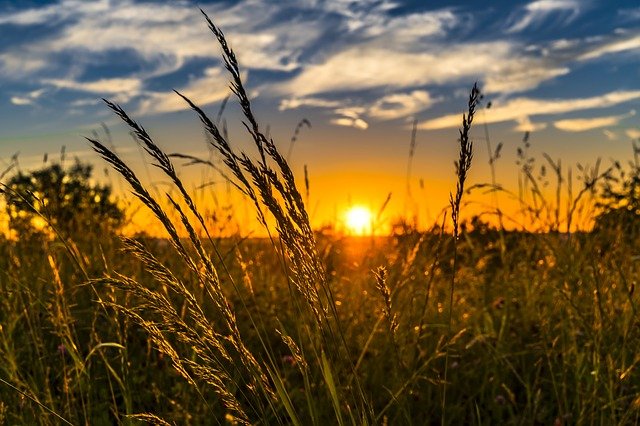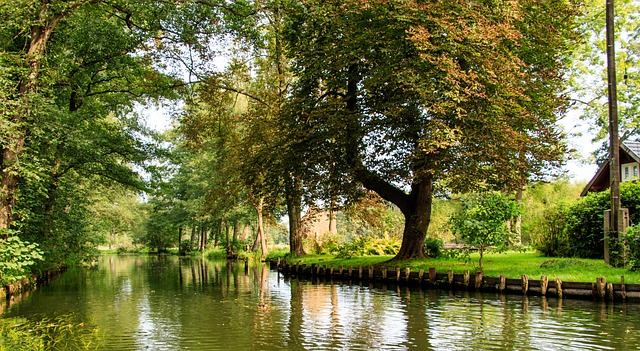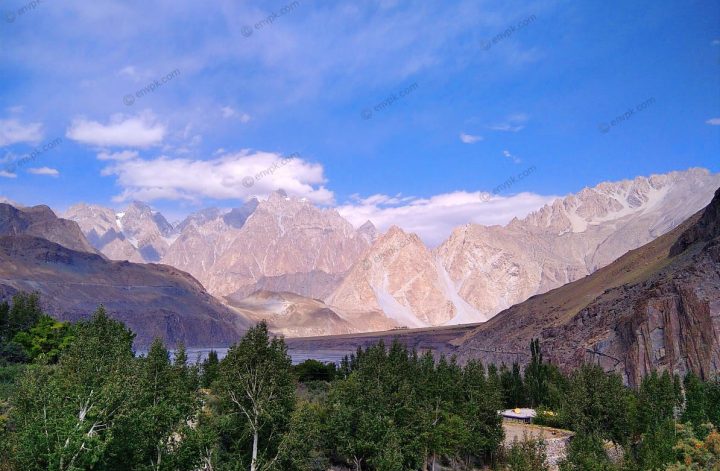INTRODUCTION
The world is suffering from different levels of racism. On the planet Earth, the afflicted people are paying the cost they have no contribution to. Who are afflicted people? These people live in underdeveloped and developing countries. According to a UNICEF report nearly one billion children are living in countries that are most vulnerable to experience the adverse impacts of climate change.
You may like to read Top 15 Countries Already Bearing the Brunt of Climate Change
WHY BURDEN OF SAVING THE ENVIRONMENT IS ON POOR NATIONS?
The world is burning and the expense is on the poorer nations. If we look at the list of top emitters in the world we realize that wealthy and developed countries have high contributions. News sources reported that only one country out of the top polluting countries is included in the top vulnerable countries by climate change. That means the burden of other high emitters will be on poor nations.
PAKISTAN AND BILLION TREE TSUNAMI PROJECT
Pakistan is a developing country that has initiated many green projects including the green stimulus projects. Why Pakistan is doing so? Pakistan is one of the top vulnerable countries affected by climate change. And the country is having less than one percent contribution to global greenhouse gases emissions. But the climate change is happening in Pakistan negatively affecting agriculture, soil, monsoon seasons, etc. The country has started a 10 billion tree tsunami project, protected areas management, and other eco-friendly projects including electrical vehicles. Along with that Pakistan has shut off coal power plants in order to favor clean energy technology such as hydro and solar energy.
Check out: 10 Billion Tree Tsunami Project appreciated by UNEP Executive Director
POOR VS RICH NATIONS – A COMPARISON
Now the current scenario is rich countries are not even ready to accept that they are even contributing to climate change. Some developed and wealthy countries became part of international agreements but no effective steps were taken during the specified period. The truth is some wealthy nations are not interested in abiding by rules that could prevent Earth from degradation. So what comes next? There could be seen visible impacts on climate change on poor nations. Poor countries don’t have enough resources to maintain their economy, how come they contribute to climate change? According to the news source, the underdeveloped nations are only contributing to only 9 PERCENT OF TOTAL GLOBAL GREENHOUSE GASES EMISSIONS. Top companies in the world are contributing to ONE-THIRD OF CARBON EMISSIONS.
You may also like: What is Climate Justice and Why Is It Important?
RECOMMENDED SOLUTIONS
The recommended solutions include green technology and cutting off fossil fuel combustion and taking the issue of environmental discrimination and environmental justice more seriously. These recommendations could only be effective if wealthy countries think of poor nations for a while. Poorer and developing nations abide by environmental laws and regulations more seriously. Maybe, they are not having thoughts of leaving the planet. Or maybe these poorer nations genuinely care for saving the Earth.
Know more about Environmental Injustice: Environment Discrimination and the Importance of Environmental Justice
CONCLUSION
The dilemma of today’s world is that rich countries are kept polluting the environment. They don’t follow laws and regulations and most consider themselves exclusive of international treaties. Due to their flippant attitude, the brunt of climate change is more likely to be experienced by poorer nations. The worst scenario is when these wealthy nations are consistently trying to find livable conditions on other planets while degrading the livable conditions of Earth.
Also check out We Can’t Afford To Ignore or Deny Climate Change Anymore
I hope you all liked this post! Please comment below if you have any suggestions, comments, or feedback! We at #envpk love hearing from our readers! Thanks!




